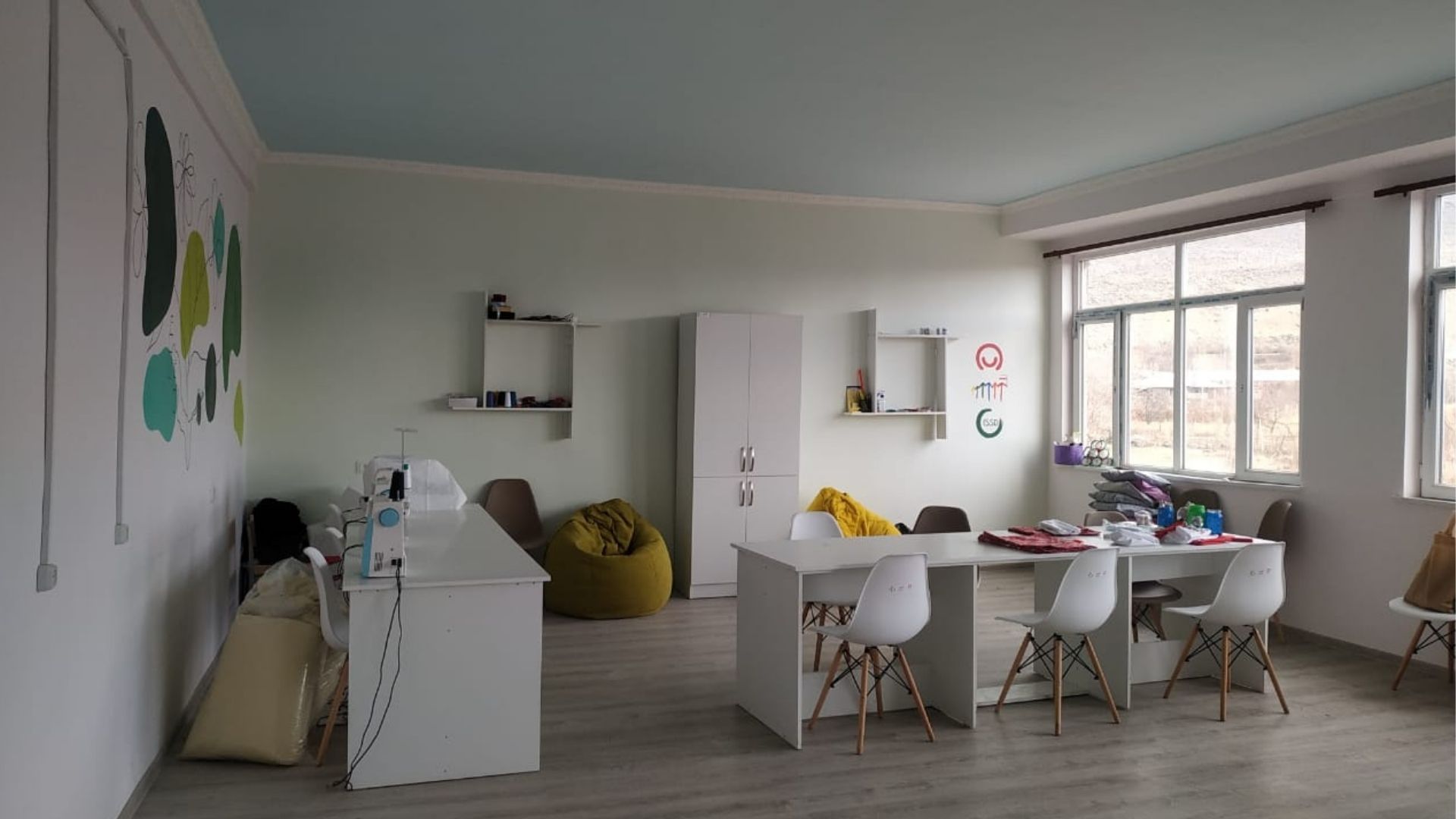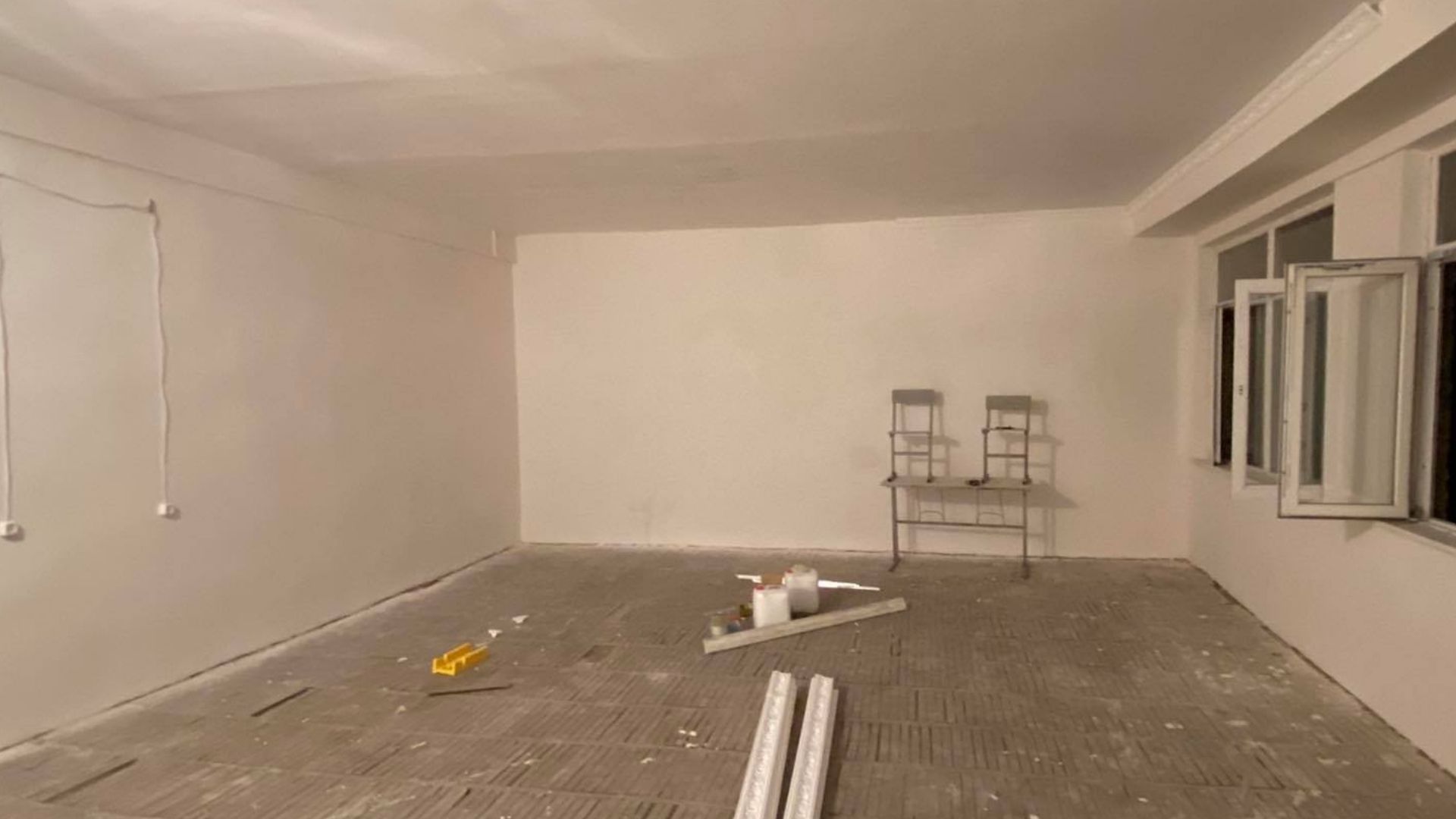
Waste Connects
June 2021 – December 2021

The mission of our project was to enhance the quality of life for individuals impacted by conflict and women and girls residing in border communities. Implemented by ISSD NGO and co-financed by the Polish development cooperation of the Ministry of Foreign Affairs of the Republic of Poland through Solidarity Fund PL, our initiative addressed the pressing issues caused by the absence of solid waste management regulations in the Republic of Armenia.

The problem
Armenia faces significant challenges due to the lack of waste management laws. This results in widespread dumping of waste near residential areas, causing environmental and health problems. Additionally, high unemployment, especially among vulnerable groups like women and displaced individuals, worsens these issues. Our project was designed to address these challenges by implementing better waste management practices and creating job opportunities in waste management, and aimed to not only improve the environment and public health but also provide economic opportunities for marginalized communities, fostering a more sustainable and equitable future.
As part of the project, a green workplace in Bagaran community was established to provide sustainable income for the target groups while promoting proper waste management practices. The efforts extend beyond the workplace, engaging locals in cleanup activities to raise social awareness, foster team spirit, improve the environment and provide materials for our operations.

Outcomes
Our approach was:
- Establishing a working station to repurpose waste
- Providing capacity building training in sewing, waste recycling, painting, sales, etc.
- Collecting, sorting, and reusing or recycling waste
- Creating a green brand for new items made from reused and recycled materials, generating income for our target group
Through the training sessions, participants not only gained manufacturing skills but also learned how their actions positively impact the environment and their own lives, empowering them to overcome existing challenges.
Results


- Establishment of a fully equipped working station in a frontier community
- Support for vulnerable groups through sustainable employment and the creation of safe spaces
- Empowerment of skilled stakeholders capable of crafting new items from recycled waste or reused materials
- Production of new products such as bags, décor, jewelry, accessories, etc., from reused and recycled materials
- Creation of a sustainable source of income for the stakeholders
- Organization of clean-up activities in stakeholder communities
- Sorting and management of 10,000 kg+ of waste

